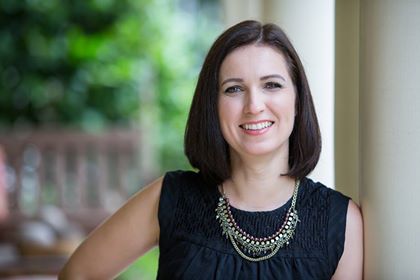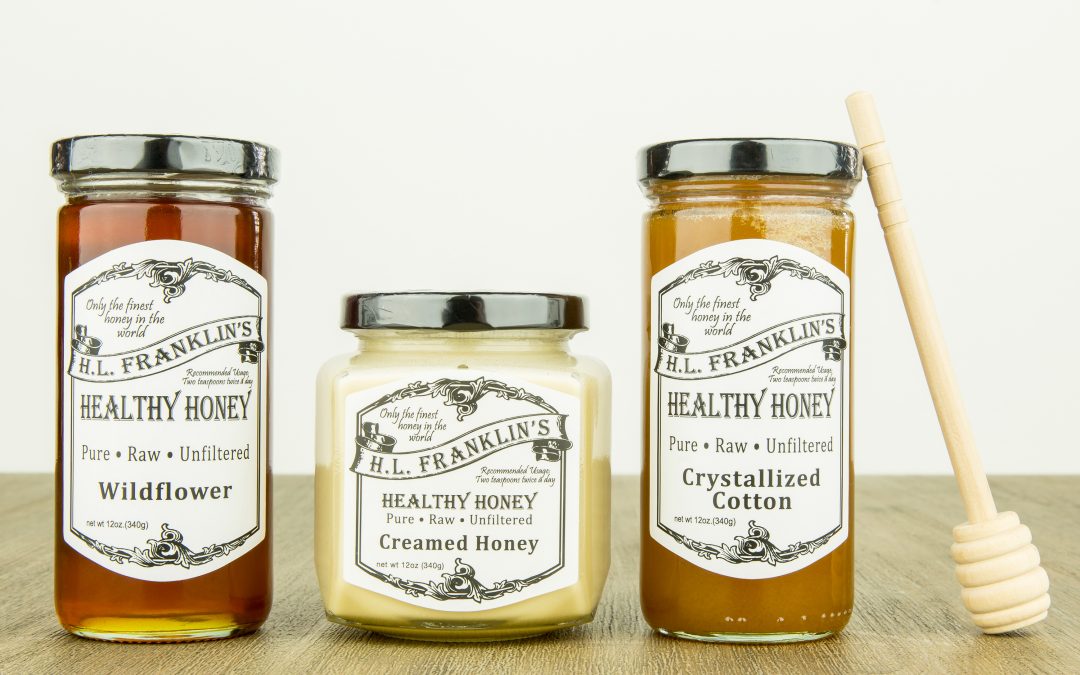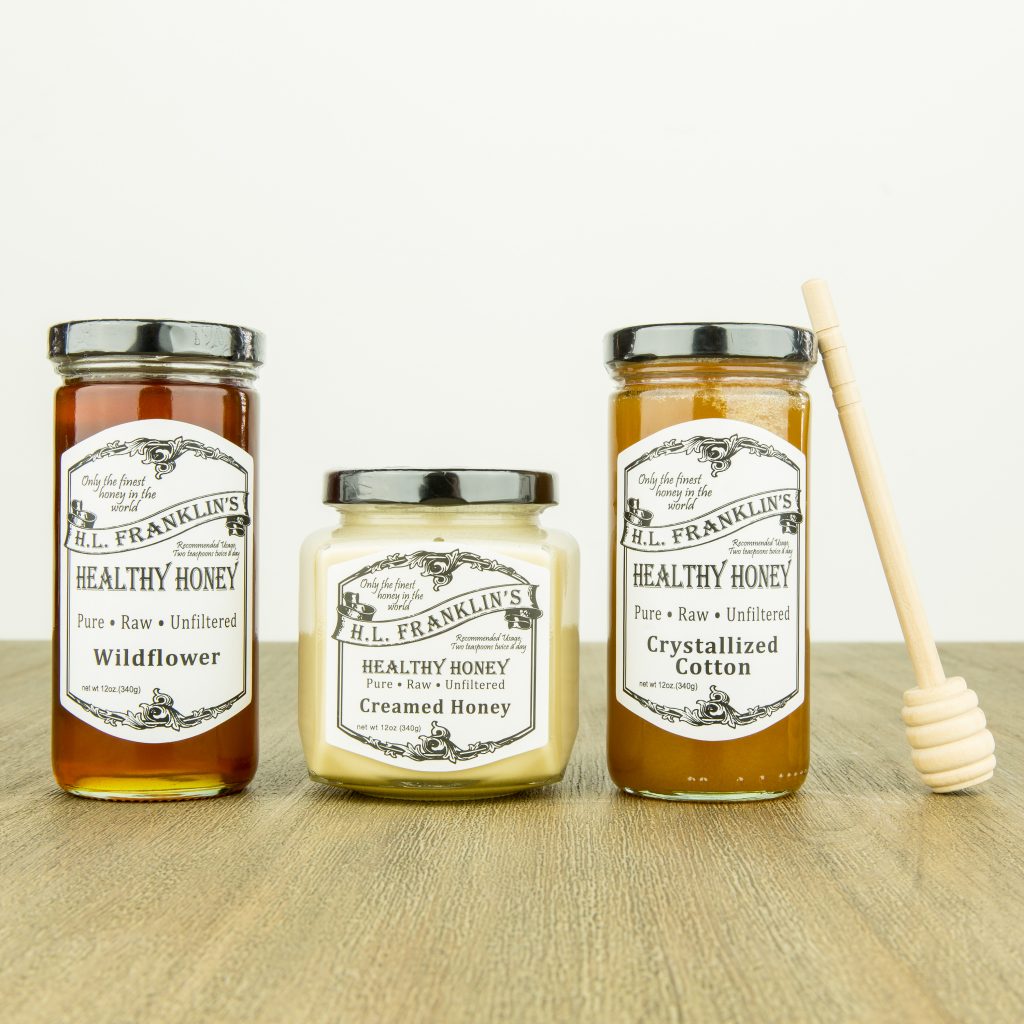10 Reasons To Love The Bees
Bees are arguably one of the most important creatures on Earth. They pollenate about 80% of flowering plants, they provide habitats for other animals through their pollination, and we depend on them to pollinate a large majority of our food crops.
However, bees are in crisis. In the US alone, we have lost over half of our bee hives since World War II. Pesticides and seeds coated in neonicotinoids take a large part of the blame, and explain the drastic decrease in bee colonies since the 1940s. Without bees we lose plants, animals, food….we simply may not exist. Saving the bees is paramount!
Here are 10 easy ways you can love the bees:
1. Share
It’s important that we share our knowledge of bees and how to preserve their colonies, especially with younger generations. The more we know, the more we can all implement small changes that make a big difference! A great resource for kids, is the Kid Kits Bee Inspired challenge! Join here for weekly activities delivered to your email: http://eepurl.com/djKYsf
2. Don’t Spray!
Do not use chemicals or pesticides in or around your gardens and lawns. Chemicals and insecticides cause damage to honeybees and their systems. Pesticides can also saturate the pollen of flowering plants, be carried back to the hive, and end up in our honey. For a free guide of ways to manage weeds and insects without toxic chemicals, sign up for emails here: https://naturallycurated.activehosted.com/f/3
3. Dedicate space to a native habitat garden
Devote an area of your yard or garden to a safe haven for bees and insects. Plant native plants in large quantities and let them grow wild (no need to weed, dandelions and clover are plentiful bee food). It will not only give bees a place to call home, but you will reap the rewards of treating them well! I love to visit Scottsdale Farms in Milton for help picking native plants.
4. Plant bee-friendly flowers
Pristine yards are waste land for bees. Give bees plenty of areas to forage and cross-pollinate by planting bee-friendly flowers in pots and in gardens. Be sure you are not spraying chemicals or using neonicotinoid (pesticide) coated seeds.
5. Make a bee waterer
Give your new bee friends a place to get a drink. Use anything from a bird bath to the base of a pot to make a bee friendly watering hole. You can add pebbles or large marbles to shallow water to give the bees a place to land.
6. Make a bee hotel
A bee hotel makes space for solitary bees to nest. Use natural materials to pack a container that will keep the inside dry. Mount near bee-friendly plants, at least a yard off the ground, facing south to south east… then, wait for overnight guests!
7. Buy raw honey from local producers
Raw, local honey contains pollen and hasn’t been damaged by processing. It’s better for you, and helps keep apiaries running. Supporting local producers who are committed to sustainable practices, helps to protect local bees. You can get an all-natural, raw, unfiltered and award-winning Georgia local honey set, here: https://www.naturallycurated.com/giftboxes/honey-set
8. Meet a beekeeper…or become one!
Get to know your local beekeeper better, through your continuous support of them. You can also look up a local bee association and get involved. You may even decide becoming a beekeeper yourself is something you would like to do! Check out the Forsyth Bee Keepers Club at: Forsythbeekeepersclub.org
9. Support local, organic farmers.
What holds true for honey, should be a general guide for you too! Buy local, seasonal foods. Look for farmers who are not spraying their crops, use high quality seeds, and are concerned with sustainability. Visit a farmers market, join a CSA or get to know a local farmer in order to support conscious farming. We love getting seasonal produce from conscious farms like Cane Creek Farm and Gibson Farm of Cumming! The Cumming Harvest and nearby farmers markets are also a great way to support local farmers.
10. Get active!
It’s important that we share our concern for bees with others! Distribute information, speak to your local legislatures, and make sure your HOA and local businesses understand the part they can play. You can also teach and encourage your neighbors to make some of the same small steps you are, and consider becoming a bee activist!

For more information, or to help fund an educational hive in Georgia, visit www.naturallycurated.com and sign up for Bee Inspired emails!
 Elizabeth Hood is a local mom and wife who is passionate about conscious living. She is also the owner of Naturally Curated, a concierge gift box company based in Cumming. Her business supports high quality brands, US made products, small businesses, and eco-friendly practices.
Elizabeth Hood is a local mom and wife who is passionate about conscious living. She is also the owner of Naturally Curated, a concierge gift box company based in Cumming. Her business supports high quality brands, US made products, small businesses, and eco-friendly practices.
Connect with Elizabeth online: https://www.naturallycurated.com
Also, you can read an article all about what she does with Naturally Curated subscription boxes on a spotlight article we did – Unique Gifts Worth Giving


